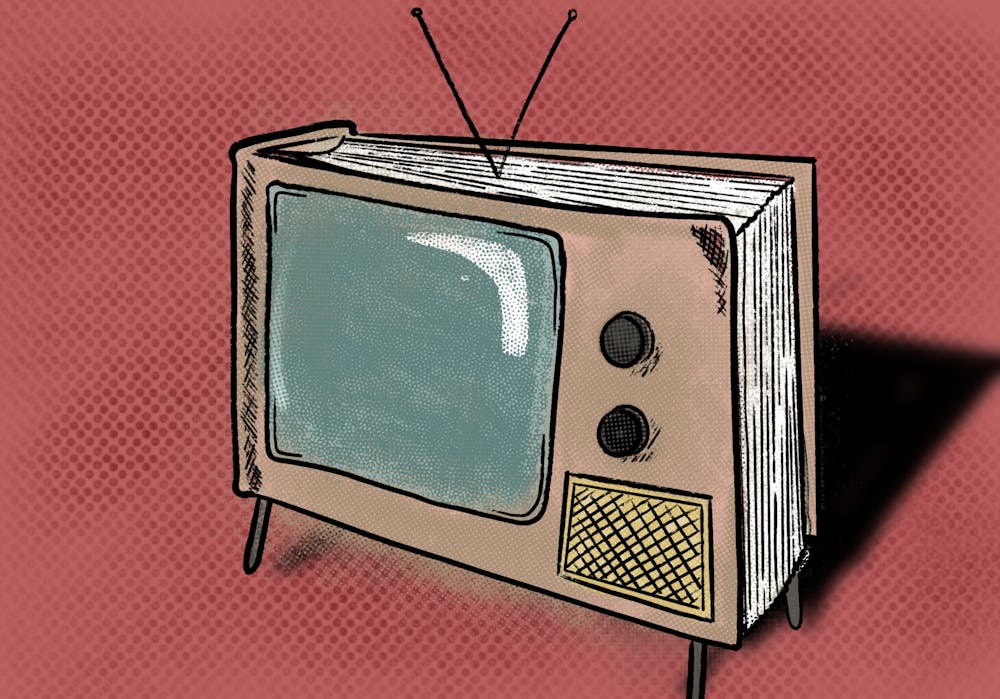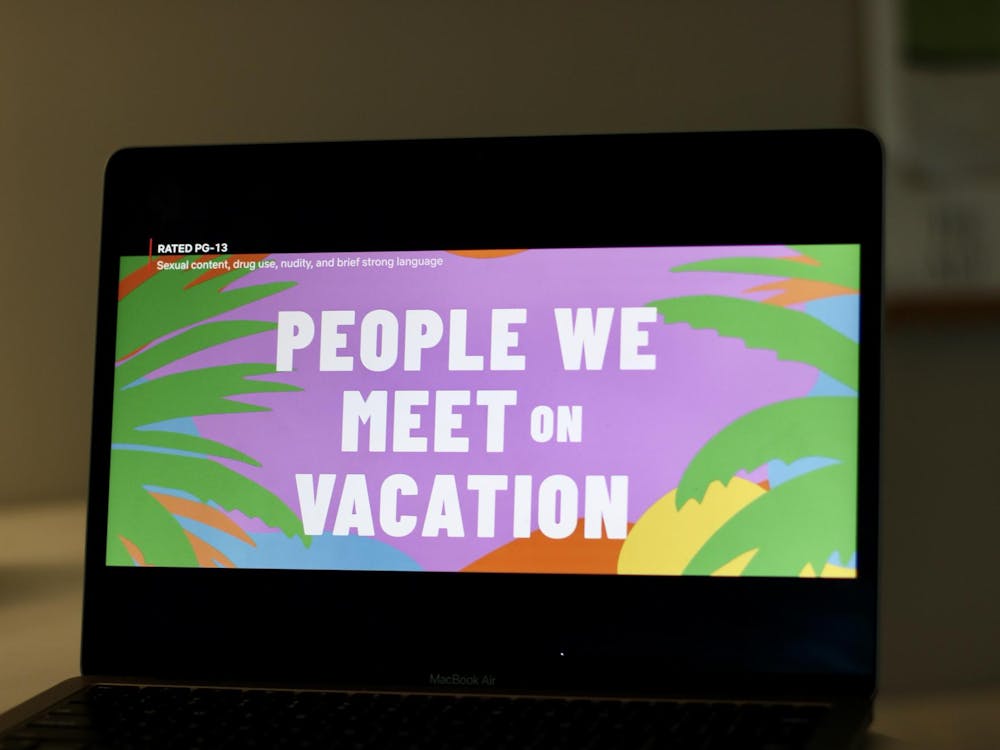The University’s course selection is full of hidden gems for those looking for a creative way to fulfill their academic requirements. The Media Studies department in particular spans a wide variety of topics that draw in students from all disciplines. This spring, two of the department’s professors debuted classes that focus on analyzing specific television shows — an innovative way to bring leisure content into academic discussion.
The courses “Better Call Saul” and “Friday Night Lights,” both named after the shows they focus on, use television as a tool to examine media representations of American life.
Assoc. Media Studies Prof. William Little is no stranger to this idea. His course — taught for the past few years — on the television series “Breaking Bad” has gained traction among both students that adore the show and those who have never seen it.
This semester, he and fourth-year College student Jake Berton introduced a new course about the show’s prequel, “Better Call Saul.” The series details the early career of Saul Goodman — the man who will later become the lawyer of teacher-turned-meth-dealer Walter White in “Breaking Bad.” Though the two shows are related, Little has chosen to focus his new course solely on the former.
The class was born when Berton — an enthusiastic former student of Little’s — approached his professor about his thoughts on “Better Call Saul.”
“I took ‘Breaking Bad’ spring of my second year, and ‘Better Call Saul’ season six was airing at the time,” Berton said. “I began to reach out to Professor Little periodically as the episodes were airing about the themes that we had discussed based on the readings that we did in the course.”
Berton emailed Little near the end of his time in Little’s “Breaking Bad” course to ask what research internship opportunities the professor had available. One of the options was to create a course centered around “Better Call Saul,” a project which the pair has now been working on for nearly two years. Berton, an aspiring teacher himself, said that working with Little on the course gives him ample experience in designing a syllabus and facilitating academic discussions.
The course “Better Call Saul” involves re-watching an episode or two for most class meetings, which are intentionally paired with carefully selected readings. Students are expected to have already watched the show, so they can then analyze each episode within the context of readings that address similar themes.
“The cinematography is unlike anything else I've ever seen on television — it's just brilliant, and I want to make sure to leave time for students to express that,” Little said, explaining that the class goes beyond passive viewing and into critical analysis.
Little believes the content of the show provides perfect fuel for discussing the nature of human identity, which he believes his students can use to understand parts of their own identity.
“It is an incredibly nuanced, intricate, patient exploration of the nature of identity … You just see how identity is malleable and multiple and shrouded, but also illuminated,” Little said. “If they want, [students] can say, ‘Oh, well, that's sort of like me.’”
What pushes “Better Call Saul” beyond the themes addressed in “Breaking Bad,” Little believes, is the real world application of anxieties surrounding new media technologies — a prominent discussion topic in many Media Studies courses.
“‘Better Call Saul’ thematizes our interactions with, our entanglements with, our anxieties about media technologies,” Little said. “The telephone is one media technology that features prominently and in complicated ways in the show.”
Critically acclaimed dramas are not the only television shows getting attention in the Media Studies department this semester. Asst. Media Studies Professor Anna Clay has designed a similar course about a television series — teen drama “Friday Night Lights.” Taking on a similar structure to the “Better Call Saul” course, students are tasked with watching the entirety of the show’s five seasons before the start of class, and the syllabus is subsequently structured around different themes present in the show.
“There are so many resonant themes that are intertwined in the narrative arcs of these characters,” Clay said. “I wanted the students to be able to focus on that and use episodic examples to understand those themes.”
The famous 2000’s era show follows a high school football team and the everyday struggles of small town America. Clay tasks her students with connecting what takes place in the episodes to broader themes present in not just the show itself, but American society at large.
For example, last week’s class focused on the idea of sports as a religious ritual, utilizing articles like The Atlantic’s “Just How Much is Sports Fandom Like Religion?” to support their discussion.
“I have a lot of readings that the students are doing … to think about sort of a leisure cultural show in an academic context,” Clay said, citing that her class has already read the non-fiction book that “Friday Night Lights” was based on.
Both Clay and Little are hopeful that their students will enjoy the content of their courses and feel as though it has broadened their perspectives on how television influences and portrays American culture.
“In simplest form, I hope they walk away from this class really enriched and looking at how a show that is called ‘Friday Night Lights’ can encompass so much,” Clay said. “[It can] help us understand and analyze and agree and disagree with so much within our own culture.”
Little hopes that beyond the show’s content, examining “Better Call Saul” will provide students the opportunity to use their voices for power.
“The show is very much about experimentation with voice,” Little said. “That's true of a number of characters in the show … we hope that this space that we're creating, it's an opportunity for students to experiment with their voice, because experimentation with voice is experimentation with identity and with role and performance.”
For Berton, the course he helped create is all about the experience of human connection, which he believes is explored in both the show itself and the discussions held in the classroom. In reflecting on his own time in Little’s classroom just two years ago, Berton shared that he hopes students enjoy the academic journey just as much as he did.
“I hope that this course allows us to connect the students in a way that I had once experienced,” Berton said.







